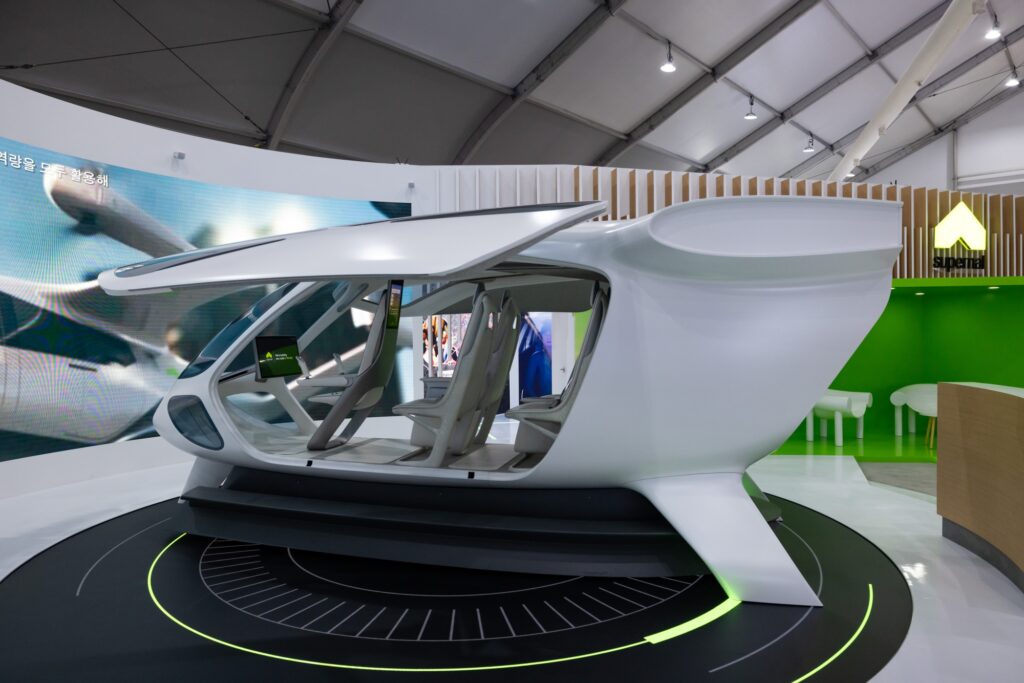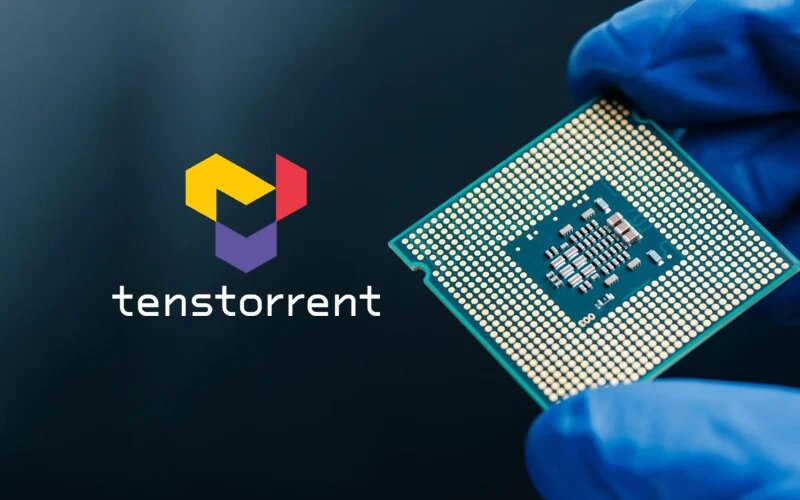Hyundai’s Supernal to Develop the First Flying Electric Taxi for Commercial Use in the US
Hyundai’s air mobility division, Supernal, is on the cusp of transforming urban transportation in the United States with the development of the first-ever flying electric taxis, known as eVTOL taxis.
These cutting-edge vehicles are poised to revolutionize the way people move within cities and offer a glimpse into the future of urban mobility. Supernal’s Chief Executive Officer, Shin Jaiwon, recently announced that a prototype of the eVTOL taxi will make its debut at the upcoming Consumer Electronics Show (CES) in Las Vegas in January. These taxis are designed to achieve a top speed of 120 miles per hour and can accommodate one pilot and up to four passengers, promising to provide a fast and efficient mode of transportation within urban areas.
Challenges and Ambitious Timeline
The timeline for this groundbreaking project is ambitious. Supernal plans to conduct a test flight in December 2024, with the goal of commencing commercial services by 2028. However, Shin acknowledges that several significant challenges need to be addressed before this vision becomes a reality.
One of the most pressing challenges in the development of electric air mobility is the weight of the batteries. Batteries can constitute up to 40% of the total weight of an eVTOL craft. Overcoming this hurdle is essential for achieving the desired performance and range. Additionally, the operation of eVTOL taxis in urban airspace necessitates the development of robust air traffic management systems, as current regulations do not adequately govern these new forms of transportation.

Image Source: bloomberg.com
Shin emphasized that there are currently no man-made objects routinely flying below 500 meters, highlighting the pioneering nature of this endeavor. Consequently, Supernal will need to work closely with regulatory authorities, including the US Federal Aviation Administration (FAA), to establish suitable certification methods and regulatory frameworks.
While specific details regarding the investment, size, and location of the Supernal facility remain undisclosed, Hyundai is committed to the success of its air mobility division. The recent establishment of the engineering headquarters in the Irvine Spectrum District, featuring a 105,000-square-foot office and an adjacent 80,000-square-foot test-and-evaluation site, underscores Hyundai’s dedication to this project.
Supernal’s expanding team in Irvine already comprises over 200 professionals from diverse backgrounds, including powertrain experts, airframe specialists, and a system-and-safety team. The company plans to hire an additional 100 personnel this year and aims to eventually expand its workforce to 500 employees, underscoring the magnitude of this project.
The lead research manager for this pioneering endeavor, Ramona Stefanescu, envisions a future where commuters can bypass traffic congestion and save valuable time during their daily travels. The eVTOL taxis have the potential to provide people with more time to spend with their families and engage in leisure activities. As Supernal pushes the boundaries of urban mobility, the eVTOL taxi is poised to redefine how people navigate the bustling cities of the United States.

I am a law graduate from NLU Lucknow. I have a flair for creative writing and hence in my free time work as a freelance content writer.




